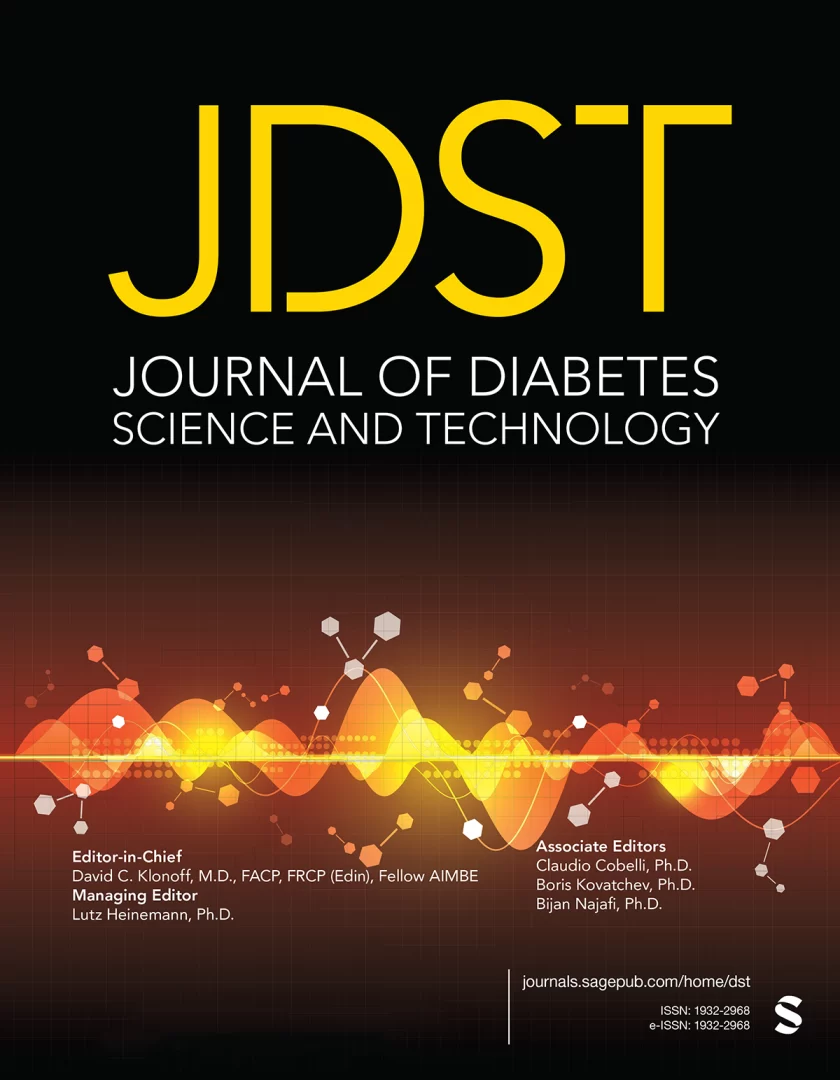Understanding Semaglutide and Genetic Testing

Original Article: https://www.medscape.com/viewarticle/can-genetic-test-predict-response-semaglutide-2024a1000cat
Genetic Testing on “Hungry Gut”
At the American Diabetes Association (ADA) Scientific Sessions, researchers presented new data using genetic testing to test for a trait called abnormal postprandial satiety (APS), or a “hungry gut.” Being able to assess the hungry gut can predict responses to the drugs called Glucagon-Like Peptide-1 Receptor Agonists (GLP-1 RA’s) such as Semaglutide. The study involved 137 adults, with 113 on Semaglutide and 24 on Tirzepatide. Among those on semaglutide, individuals classified as having a hungry gut (i.e., having a positive biomarker for APS) achieved an average 18% body weight loss after 12 months, compared to 10% in those testing negative. This new finding suggests that tests can be used to find out if a person will respond to these drugs, thus avoiding disappointment if the drugs are less effective than predicted. This has the potential to save a great deal of money for health systems and patients.
How Genetic Testing Works
The study utilized the MyPhenome Hungry Gut test, developed through machine learning by Phenomix Sciences. This test helps to identify individuals who remain feeling hungry even after they have eaten. Of the study participants, 91 were APS+ and 46 were APS−. Genetic testing like this aims to personalize treatment by predicting how individuals will respond to specific therapies based on their genetic profiles. It represents a move towards precision medicine in obesity care, tailoring interventions to individual genetic factors related to satiety and treatment response.
Benefits of Personalized Medicine
The findings support the use of precision medicine in medical treatment being used here for people with obesity. However, further studies are necessary to validate these findings and assess their broader clinical utility.

